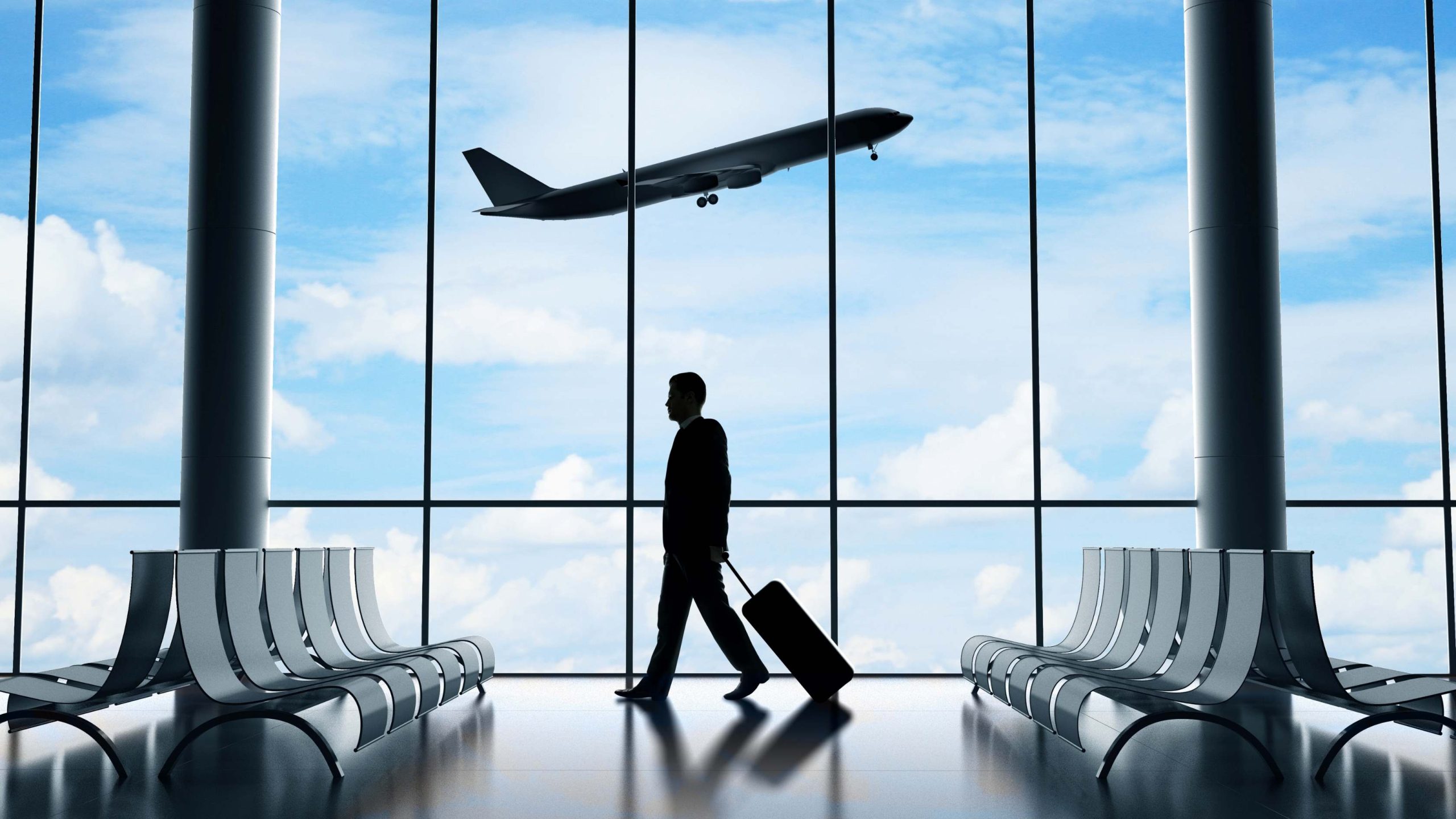Introduction
After two years of being a staff nurse and starting my career in the emergency department, I have decided to be a first-time travel nurse. I was brimming with excitement and anticipation for the adventures that awaited. Yet, amidst the thrill, there lingered a nervousness, an apprehension about stepping into the unknown. The prospect of adapting to a new hospital environment, the worry of lacking certain skills, and the uncertainty of how I’d fare in an unfamiliar setting loomed large. This blog post is about my personal experience as a first-time travel nurse. Take it with a grain of salt, it’s just one experience out of tens and thousands of first-time travel nurses.

On the Job
My first travel assignment unfolded in a 35-bed emergency department nestled in rural South Carolina. As I stepped into this new role, reality hit hard. The initial days were challenging, to say the least. I decided to find housing in a safer part of the state, which was roughly 80 miles away, and I was working night shift. The environment was vastly different from what I was accustomed to. I found myself grappling with the unique dynamics of the department, struggling to synchronize with the team, and feeling overwhelmed by the sheer volume of patients accompanied by the lack of staff members and resources at the hospital.
I vividly remember moments of doubt and discomfort, hoping for a low census (this means, where there is a low number of patients and too many staff nurses) to request to be sent home. It was a tough experience, one that tested my resolve and definitely pushed me out of my comfort zone. However, through these trials, I learned invaluable lessons.

Benefits or Consequences
Reflecting on that first travel nursing experience, I realize now the lessons were hard-earned, but priceless for my career. I gained resilience—a resilience born out of navigating through challenges and emerging stronger. I learned the importance of adaptability and flexibility, skills that are essential in the ever-evolving landscape of nursing. With that travel nursing contract, I can go to most hospitals, be adaptable, and adjust my expectations.
One key takeaway was the significance of communication. I discovered the power of open dialogue, such as seeking guidance from colleagues and staff members who have been at the facility for some time, asking questions without hesitation, and actively engaging with the hospital team. I wish I had known earlier the importance of building these connections; it would have made the transition smoother.
Furthermore, understanding the significance of research before embarking on an assignment is crucial. Delving deeper into the hospital’s policies and protocols, understanding the patient population, and familiarizing myself with the local healthcare nuances could have eased the initial struggles. As I continuously take more travel contracts, it does seem to get easier with adapting to new environments and knowing what to expect, especially when it comes to meshing in with your new coworkers.

Key Takeaways from My First Travel Nursing Experience
Adaptability Is Key
One of the most crucial lessons was the importance of adaptability. In a new environment, flexibility is paramount. I wish I had known earlier how essential it is to adapt quickly to different hospital systems, patient populations, and team dynamics. Embracing change rather than resisting it can make the transition smoother.
Communication Is Vital
Effective communication is the cornerstone of success in travel nursing. I learned that clear and open communication with colleagues, supervisors, and agency representatives is indispensable. Seeking guidance and asking questions without hesitation is not a sign of weakness, but a way to navigate the unfamiliar terrain more effectively.
Building Relationships Matters
Networking and building relationships with colleagues and supervisors are invaluable. Establishing a good rapport within the team fosters a supportive environment and eases the integration process. These relationships not only help professionally, but also create a sense of belonging in an unfamiliar place.
Self-Care Is Non-Negotiable
Taking care of oneself is non-negotiable. Travel nursing can be demanding, both physically and emotionally. I wish I had known earlier the importance of prioritizing self-care, setting boundaries, and recognizing the signs of burnout. Balancing work and personal well-being are essential for sustained success in this field.
Expect the Unexpected
Finally, embracing the unpredictability of travel nursing is essential. Being open to unforeseen challenges and having a resilient mindset to tackle them is key. I wish I had understood earlier that each assignment comes with its unique set of hurdles, and being mentally prepared for these uncertainties is crucial.
The Bottom Line
Furthermore, if I could revisit that first travel assignment armed with the knowledge I possess now, the experience would undoubtedly be different. The nervousness might linger, but fear not. I would approach the challenges with more confidence, armed with the wisdom gained through trial and error.
I would be able to reach out to my charge nurse and coworkers to be efficient and better with my patient care without being flustered. However, despite the hardships, that initial journey as a first-time travel nurse laid the foundation for resilience, adaptability, and a deeper appreciation for the diverse landscape of nursing.


